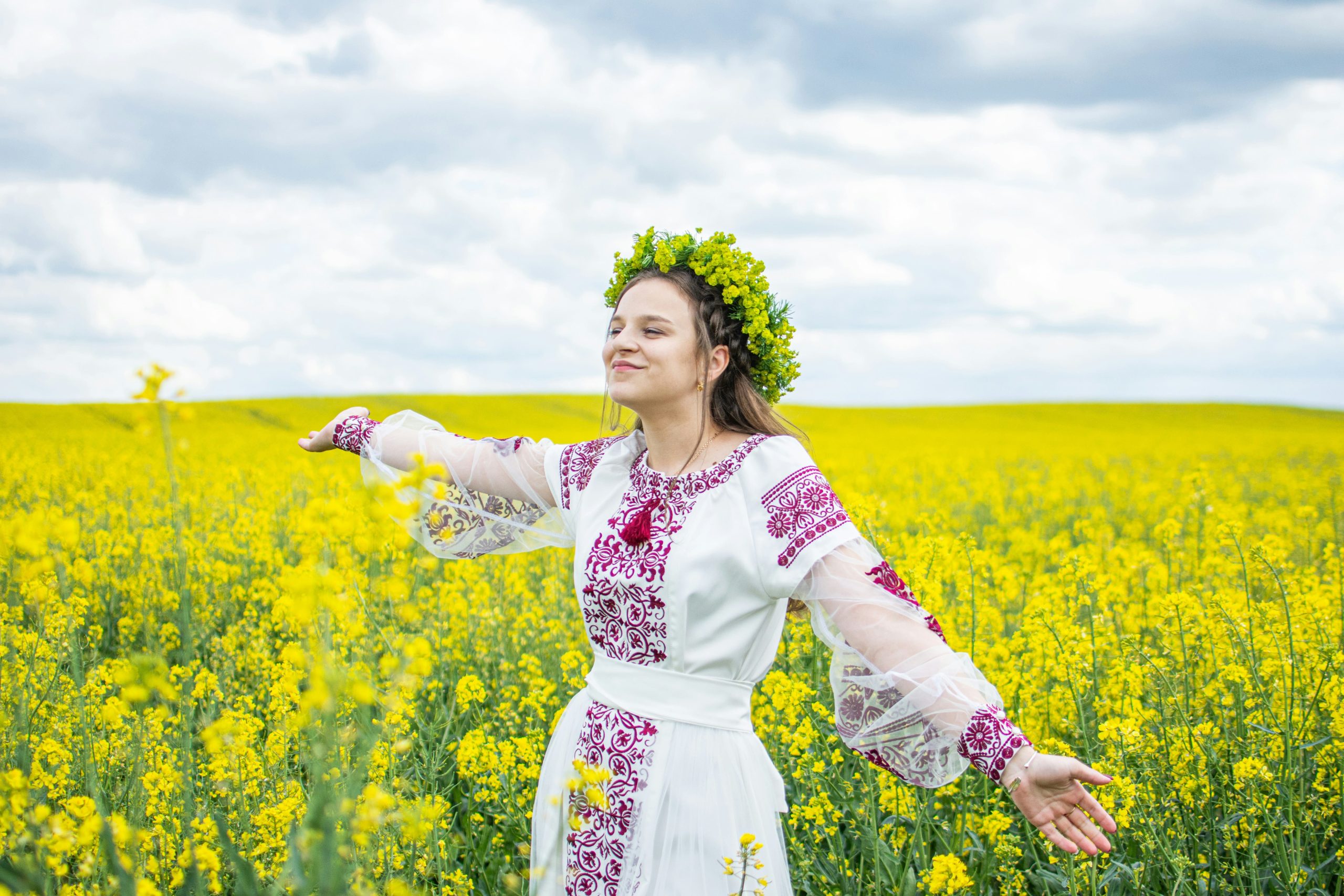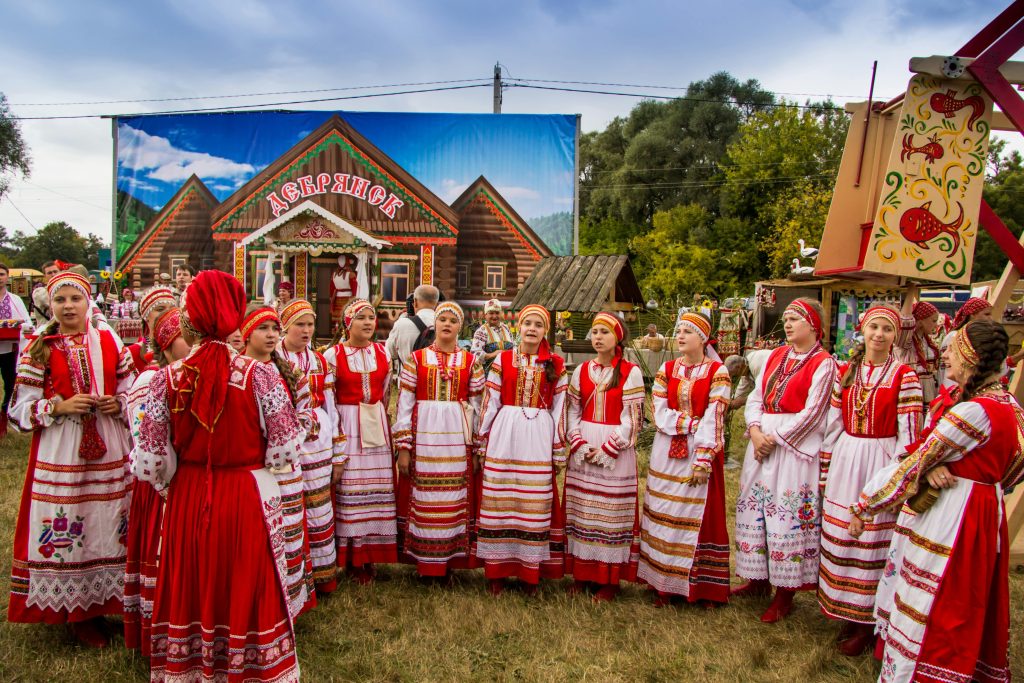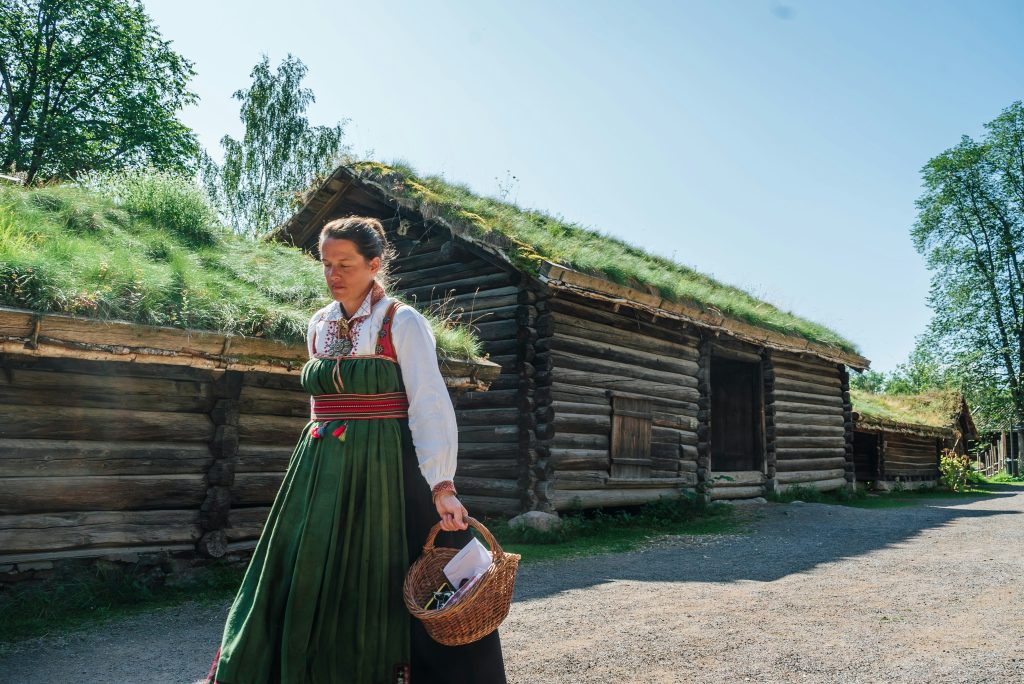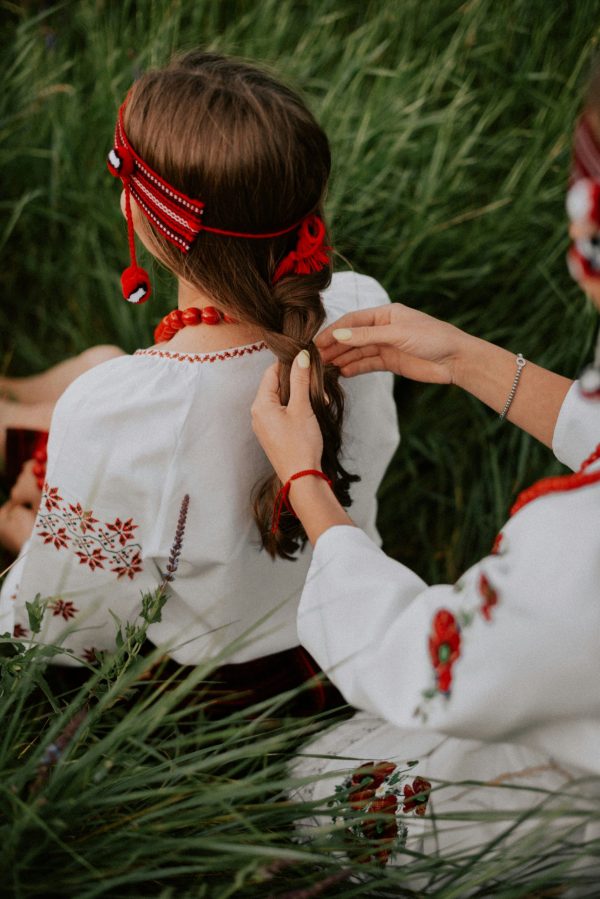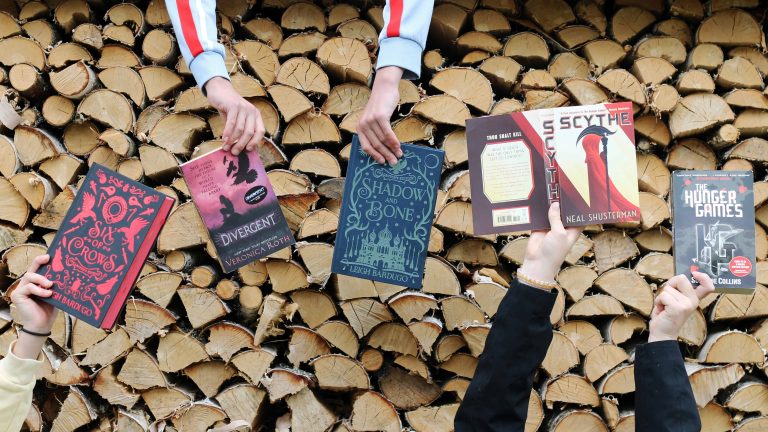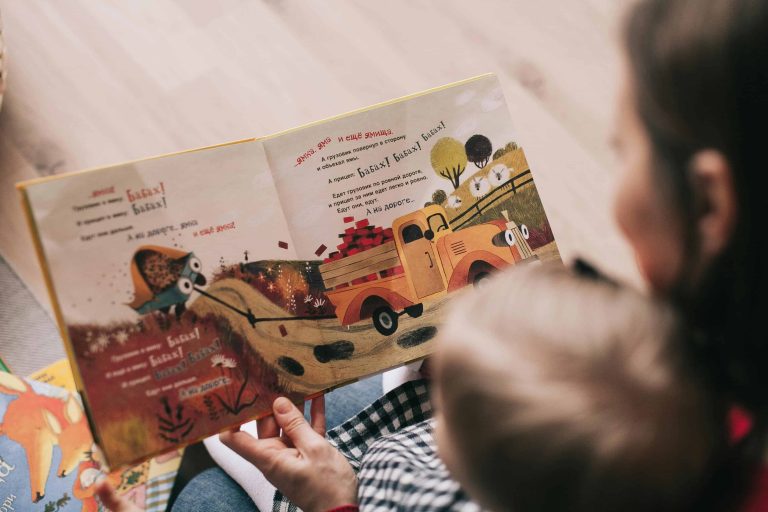Cultural Curiosities: Ukrainian Proverbs and Their Poetic Roots
What Makes Ukrainian Proverbs Poetically Resonant?
Ukrainian proverbs, or pryslivya, are small works of art—concise, metaphorical, and steeped in generations of cultural memory. These sayings often sound like fragments of poetry, rich with imagery and rhythm. Many are rooted in oral tradition and reflect the values, humor, and resilience of the Ukrainian people. For example, “Тепле слово й лід розтопить” (A warm word melts ice) conveys the transformative power of kindness in a way that feels both literal and metaphorical. Like many proverbs from agrarian or folk cultures, they convey universal truths through accessible and symbolic language.
Much like Portuguese adages such as “Água mole em pedra dura, tanto bate até que fura” (Soft water on hard stone, beats until it breaks through), Ukrainian proverbs are grounded in natural metaphor, reinforcing wisdom through familiar, poetic comparisons.
Symbolism of Nature & Daily Life
Nature plays a starring role in many Ukrainian proverbs, grounding them in the everyday yet elevating them with lyrical force. Consider the saying “Крапля в морі” (A drop in the ocean), which captures the insignificance of one small action amidst vast needs—a reflection on humility, scale, or futility. Another deeply symbolic expression is “Поки лежачий камінь вода не тече” (Water doesn’t flow under a lying stone), a call to movement and initiative. Without effort, nothing changes.
A particularly charming proverb is “Без труда не витягнеш і рибку зі ставка”, meaning Without effort, you won’t pull a fish from the pond. It offers a rural, image-driven version of the universal truth: no reward without labor. These expressions echo Portuguese sayings, such as “Quem não trabalha, não come” (He who doesn’t work, doesn’t eat), illustrating how agrarian wisdom takes poetic form in different corners of Europe.
Wisdom on Human Behavior
Ukrainian proverbs also shine in their observations of human behavior. They often distill psychological truths into colorful, memorable phrases. For instance, “Своя сорочка ближча до тіла” (Your own shirt is closer to your body) speaks to a natural tendency toward self-interest and the instinct to prioritize those closest to us. Another widely used saying is “Друг пізнається в біді” (A friend is known in trouble), a reminder that true loyalty and friendship are revealed not in comfort but in crisis.
Perhaps one of the most evocative and humorous proverbs is “Не кажи гоп, поки не перескочиш”, or Don’t say “hop” before you jump. It warns against overconfidence or celebrating a result before actually achieving it, akin to the English “Don’t count your chickens before they hatch.” Each of these phrases reflects a strong tradition of practical wisdom expressed through metaphor, rhythm, and often wit.
Proverbs of Love, Family & Morality
Love, morality, and family life are also prominent themes in Ukrainian proverbs, often with a playful or ironic tone. The saying “Любов зла — полюбиш і козла” (Love is blind—you may love even a goat) captures the irrational nature of romantic attraction with rustic humor. It’s a sentiment easily matched by Portuguese folk wisdom, where similarly self-deprecating humor is applied to love’s unpredictability.
Another moral maxim, “Хто рано встає, тому Бог дає” (He who rises early, God gives to him), blends religious reference with praise for discipline and industriousness. It reflects both Christian values and agricultural life, where early rising was essential. Then there’s the striking “Слово не горобець — вилетить, не впіймаєш” (A word is not a sparrow—once it flies out, you can’t catch it), a beautiful warning about speech and responsibility. Like a poem, it combines image and truth in one elegant motion.
How Proverbs Reflect National Identity
Proverbs offer more than advice—they serve as windows into national character. Ukrainian pryslivya reflect centuries of agricultural life, strong family structures, and collective memory shaped by Cossack history, hardship, and survival. Their poetic nature speaks to the soul of a people deeply connected to land, language, and tradition.
The 19th-century folklorist Matviy Nomys collected hundreds of these sayings, preserving the oral richness of Ukrainian peasant culture during a time when such voices were rarely documented in writing. Today, these proverbs live on in everyday speech, education, and literature—bridging past and present through compact, poetic insight.
FAQs
Are Ukrainian proverbs poetic by design or coincidence?
They are inherently poetic. Ukrainian, like Portuguese, lends itself to vivid imagery and rhythmic phrasing. These proverbs often employ metaphor and symbolism to convey complex truths in a simple and beautiful manner.
How many Ukrainian proverbs exist?
Thousands. Matviy Nomys alone compiled over 14,500 in his 19th-century anthology. Many more continue to be passed down orally or appear in modern collections and educational materials.
Are there equivalents in Portuguese or English?
Yes. Many Ukrainian proverbs have close cousins in other languages, testifying to shared human experiences. For example, “Не кажи гоп, поки не перескочиш” mirrors the English “Don’t count your chickens before they hatch”.
Can proverbs help language learners?
Absolutely. Proverbs teach vocabulary, cultural context, and idiomatic structures. They’re useful for deepening both comprehension and appreciation of the Ukrainian language.
What’s the difference between a proverb and a saying?
A proverb is typically a complete sentence that offers a universal truth or life lesson. Sayings or idioms may be more situational or fragmentary in nature. Both can be poetic and are often interchangeable in casual conversation.
Final Thoughts
Ukrainian proverbs are more than bits of advice—they’re compact poems, snapshots of culture, and echoes of collective memory. They carry the voice of grandparents, farmers, poets, and everyday people, passed from mouth to ear across generations. Like Portuguese adages, they distill profound truths into lyrical forms, allowing wisdom to live in the language of the people. Whether you’re exploring Ukraine’s literary soul or simply enjoying its expressive turns of phrase, these proverbs offer something rare: timeless wisdom in a handful of words.

